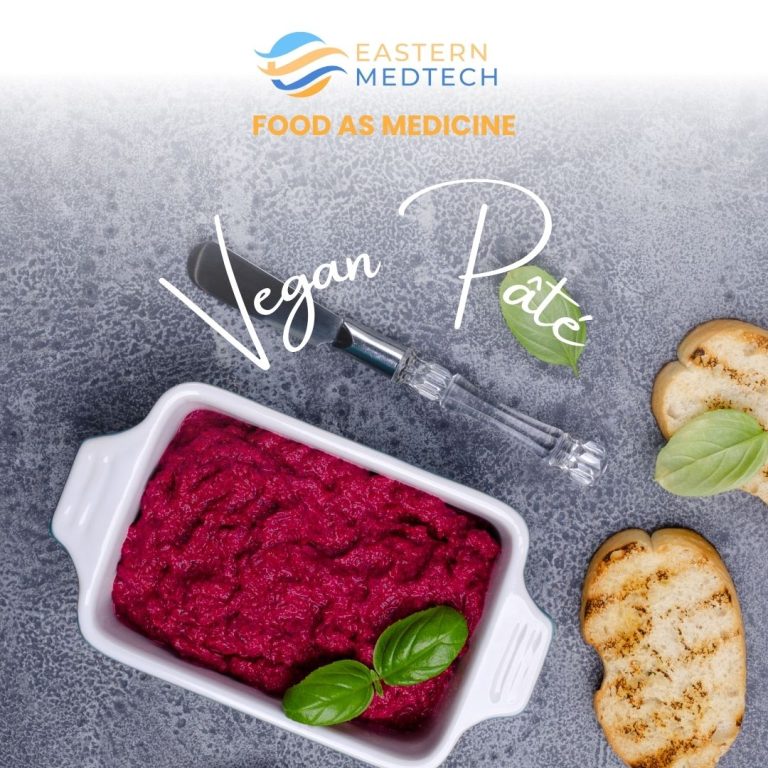
Food as Medicine Spotlight 6: Vegan Pâté
It’s official: we’ve published a half dozen recipes as part of our Food as Medicine blog post and video series.

It’s official: we’ve published a half dozen recipes as part of our Food as Medicine blog post and video series.
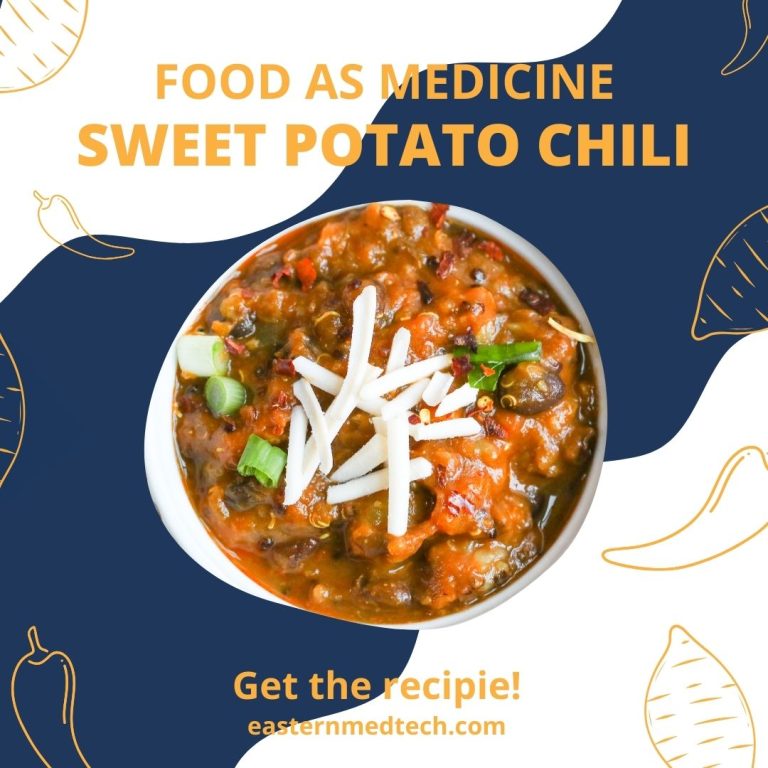
Welcome to the fifth installment of the Food as Medicine blog post and video series, whose goal is to educate
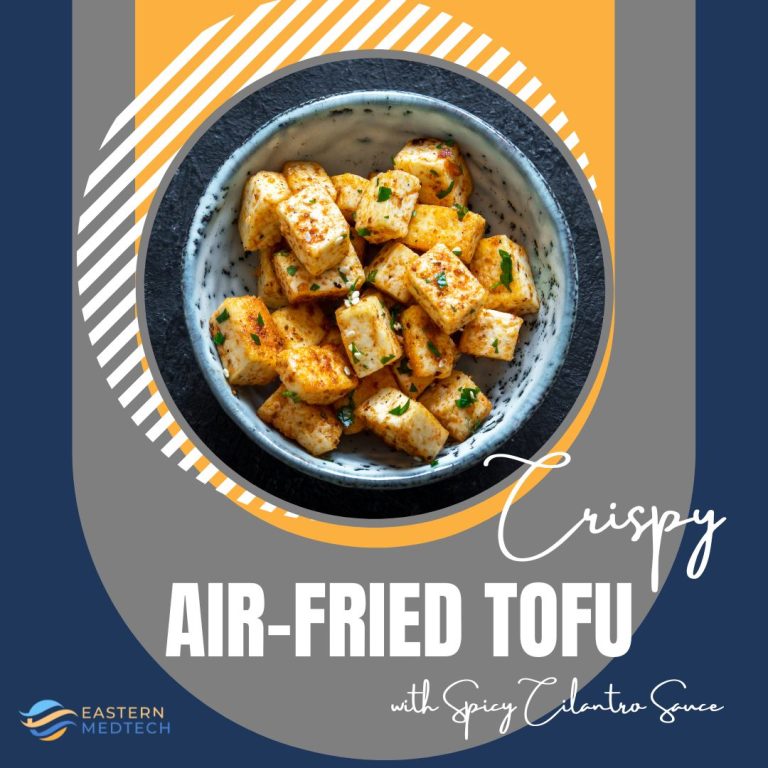
And just like that, we’re onto our fourth issue of the Food as Medicine blog post and video series, dedicated

“Jen, I’d like to change my business by putting the current business out of business.” That was how the conversation
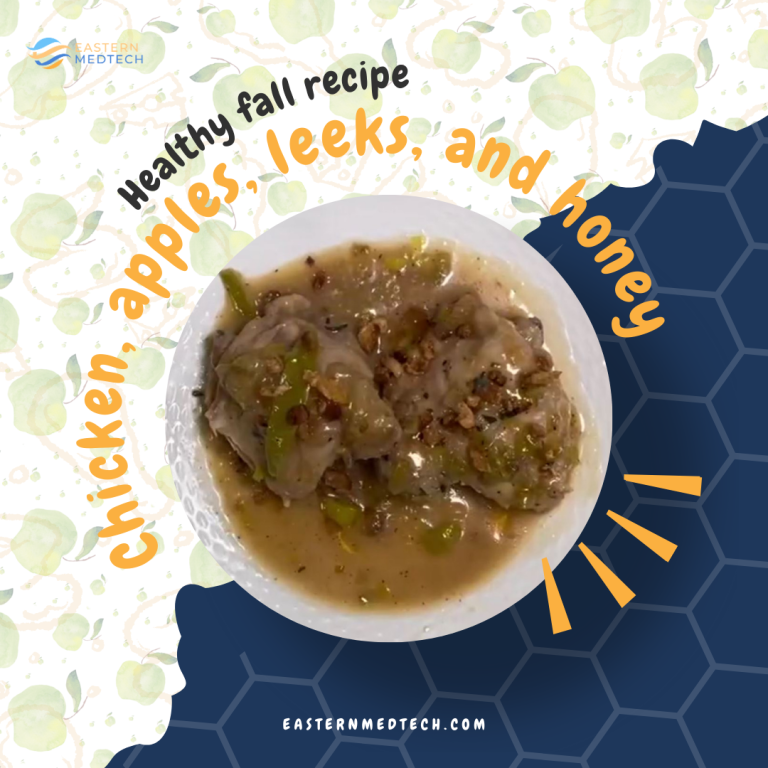
Welcome to our third installment of the Food as Medicine blog post and video series, focused on the power of

We’re back with our second issue of the Food as Medicine blog post and video series, celebrating the power of
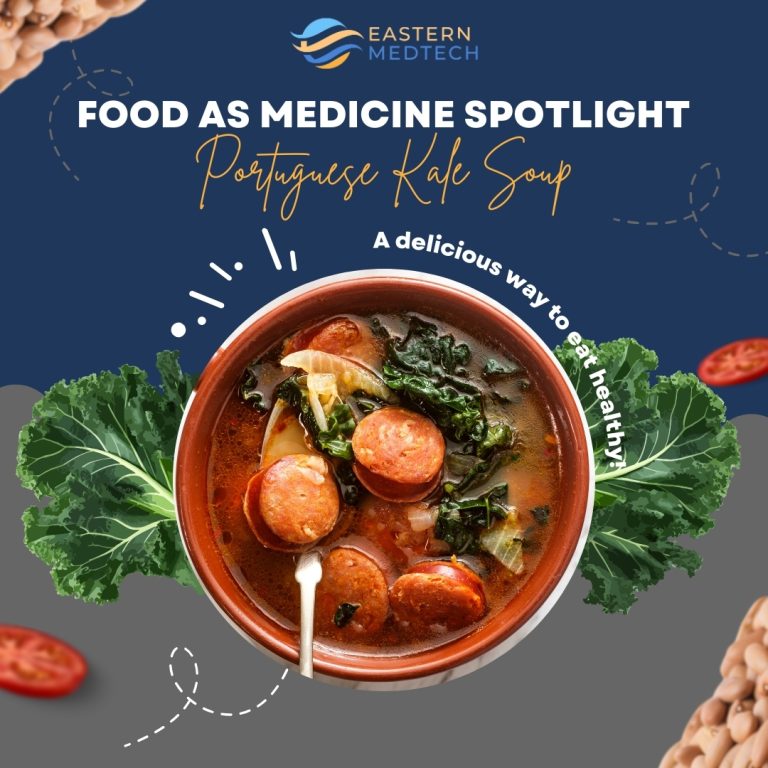
Welcome to our first official installment of the Food as Medicine Series, in which we will explore the connection between
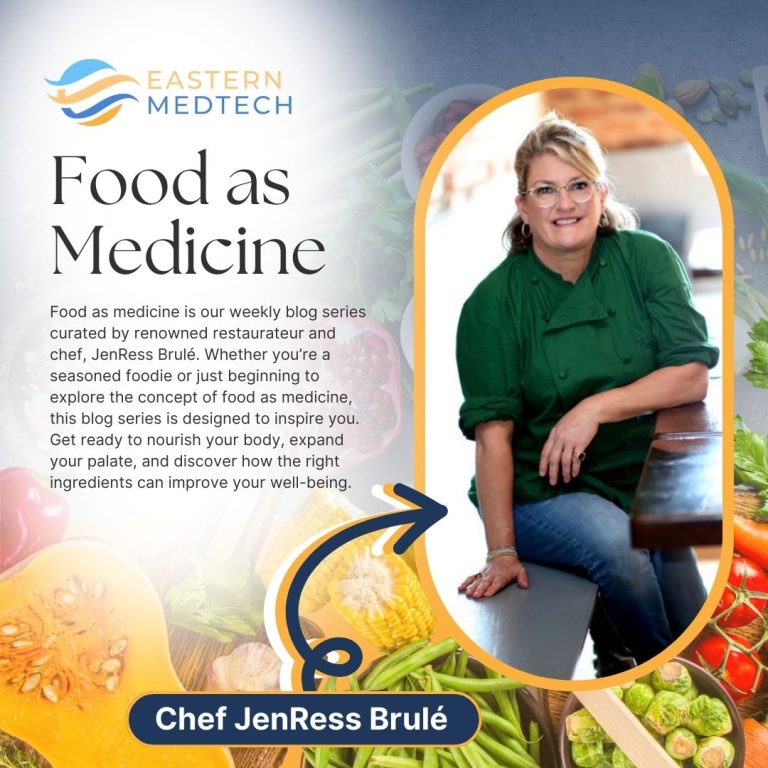
Are you ready to revolutionize your relationship with food while enhancing your health in the process? Look no further than

Anyone trying to manage a chronic illness or who is at all concerned with wellness will have encountered the concept

No matter how busy you might be – and we’re all busy in this on-demand, digitized world – it’s important